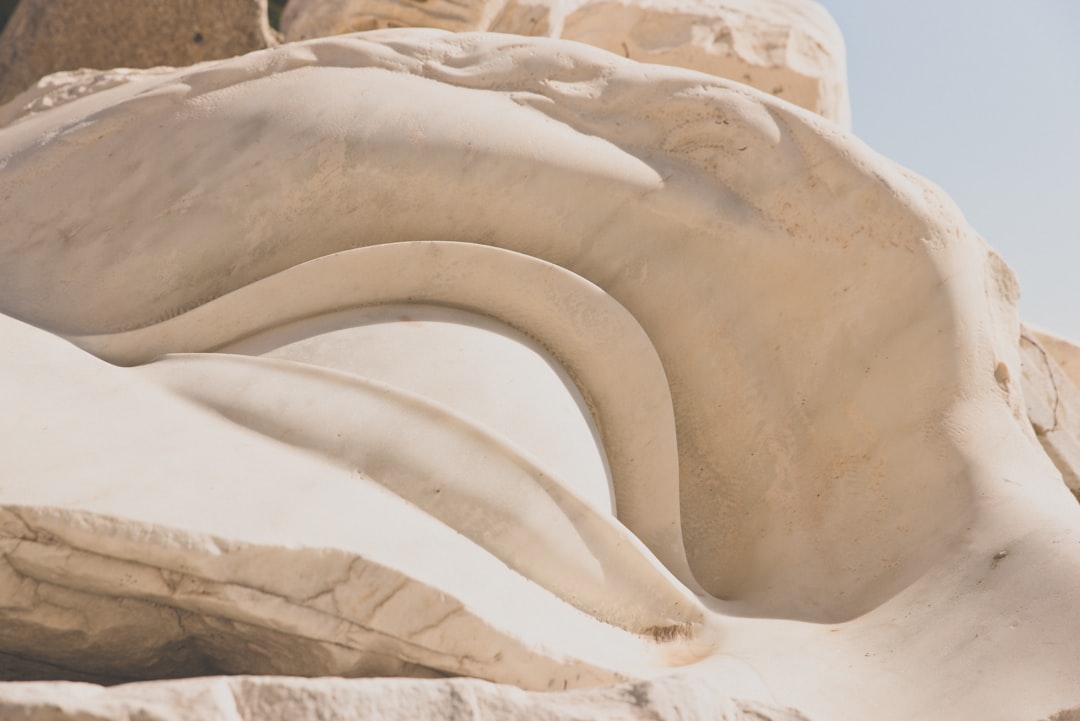What is it about?
Within the Neoplatonic tradition, the absolute transcendence of the First Principle— the One-Good, from which the whole reality in its various articulations derives—plays a crucial role. This philosophical perspective implies, particularly in Plotinus and Proclus, some fundamental philosophical consequences, above all the transcendence of the Principle with respect to being and thought as well. This necessarily implies that the One-Good must be conceived of as beyond the intelligible Beauty itself. In this paper I aim to examine the theoretical implications and consequences of this perspec- tive with specific reference to the conception of God’s absolute transcendence outlined within two texts of the Corpus Areopagiticum, overall characterized by the reworking of some fundamental Neoplatonic concepts in the context of Christian theology: the De divinis nominibus and the De mystica theologia. Indeed, in the De divinis nominibus it is shown that the names/predicates attributed to God in the Sacred Scriptures must be understood only in an allegorical-symbolic meaning, because God is above any pos- sible definition. Not even the character of Beauty can be attributed to him, since he radically transcends it: in fact, God constitutes the absolute foundation and the very first source of Beauty itself. Therefore, God must be understood as ἀκαλλής, that is, “devoid of the connotation of Beauty”, precisely because he completely transcends it. In line with this theological and theoretical perspective, in the De mystica theologia a form of radical and absolute apophatism is developed, which in turn must ultimately lead to its own overcoming for the sake of the henosis, the mystical union with God.
Featured Image

Photo by Pawel Czerwinski on Unsplash
Read the Original
This page is a summary of: Dio come ἀκαλλής. Conseguenze e implicazioni concettuali dell’apofatismo nel Corpus Areopagiticum, The International Journal of the Platonic Tradition, September 2022, Brill,
DOI: 10.1163/18725473-12341529.
You can read the full text:
Contributors
The following have contributed to this page










